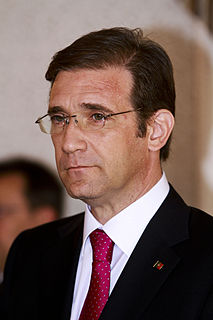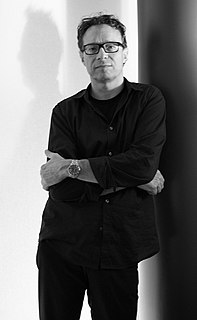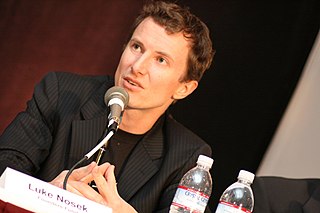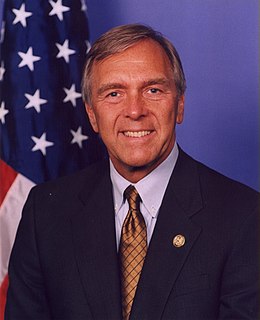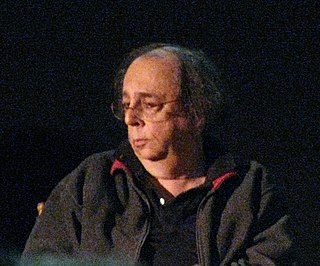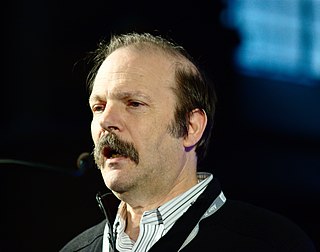Top 1200 Information Technology Quotes & Sayings - Page 3
Explore popular Information Technology quotes.
Last updated on November 15, 2024.
Information wants to be free.' So goes the saying. Stewart Brand, the founder of the Whole Earth Catalog, seems to have said it first.I say that information doesn't deserve to be free.Cybernetic totalists love to think of the stuff as if it were alive and had its own ideas and ambitions. But what if information is inanimate? What if it's even less than inanimate, a mere artifact of human thought? What if only humans are real, and information is not?...Information is alienated experience.
In an information economy, entrepreneurs master the science of information in order to overcome the laws of the purely physical sciences. They can succeed because of the surprising power of the laws of information, which are conducive to human creativity. The central concept of information theory is a measure of freedom of choice. The principle of matter, on the other hand, is not liberty but limitation- it has weight and occupies space.
Mike Flynn is a fine person, and I asked for his resignation. He respectfully gave it. He is a man who there was a certain amount of information given to Vice President Mike Pence. And I was not happy with the way that information was given. He didn't have to do that, because what he did wasn't wrong - what he did in terms of the information he saw. What was wrong was the way that other people were given that information, because that was classified information that was given illegally. That's the real problem.
We have to remember that information sharing is restricted by legal barriers and cultural barriers and by the notion that information is power and therefore should be hoarded so if you share information you can extract something in exchange. In today's digital online world, those who don't share information will be isolated and left behind. We need the data of other countries to connect the dots.
We hypostatize information into objects. Rearrangement of objects is change in the content of the information; the message has changed. This is a language which we have lost the ability to read. We ourselves are a part of this language; changes in us are changes in the content of the information. We ourselves are information-rich; information enters us, is processed and is then projected outward once more, now in an altered form. We are not aware that we are doing this, that in fact this is all we are doing.
A global society is coming into being, a global society that is made out of information that was not intended to be ours, but is ours, by the mistaken invention of computers and the printing press, information is power, and information has spilled by the clumsy hands of the dominator culture so that the information is everywhere, never before has the situation been so fluid, we might be able to finally have a crack at this
Generally, the technology that enables disruption is developed in the companies that are the practitioners of the original technology. That's where the understanding of the technology first comes together. They usually can't commercialize the technology because they have to couple it with the business model innovation, and because they tend to try to take all of their technologies to market through their original business model, somebody else just picks up the technology and changes the world through the business model innovation.
The technology that lets many people use the same radio channel at the same time is called smart antenna technology or adaptive array technology or interference mitigation. This technology uses computer processors to take the signals from multiple antennas at each location and sorts the various signals out so they don't interfere with each other.


















